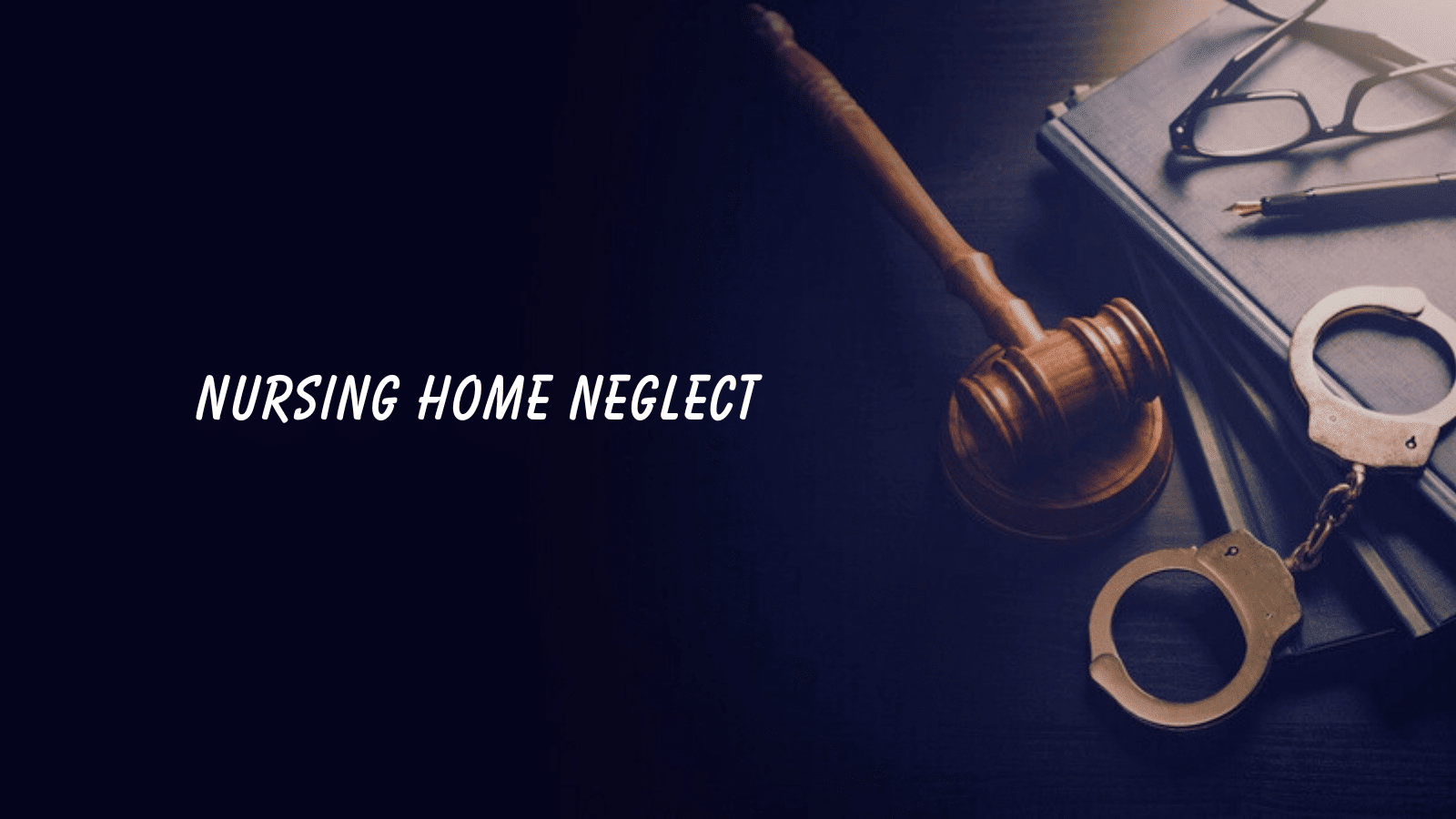
As Illinois nursing home neglect attorneys, we have witnessed the devastating impact that neglect can have on residents and their families. Many families in Antioch and across the state trust nursing homes to provide compassionate and competent care for loved ones who can no longer live independently. Unfortunately, neglect remains one of the most common and underreported forms of elder abuse. Recognizing the warning signs early is critical to protecting residents and holding negligent facilities accountable. Families must understand what legally constitutes neglect and what actions can be taken when a facility fails in its duty of care.
Under the Illinois Nursing Home Care Act (210 ILCS 45/1-101 et seq.), nursing home residents have the legal right to receive adequate and appropriate care, including medical treatment, hygiene, nutrition, and supervision. Neglect occurs when a facility or its staff fails to provide the basic care required to meet these needs, resulting in physical or emotional harm.
Neglect differs from intentional abuse in that it may stem from inattention, understaffing, poor training, or disregard for safety protocols rather than direct harm. However, under Illinois law, both abuse and neglect carry serious consequences for facilities and staff members who fail to protect residents. Facilities can face civil penalties, loss of licensure, and lawsuits for damages.
Recognizing physical indicators of neglect can save lives. Warning signs often include:
Understaffing is a major contributor to these issues. When a facility fails to maintain a sufficient number of qualified staff to provide consistent care, neglect becomes almost inevitable.
Neglect does not always leave visible marks. Emotional and psychological symptoms often appear when residents feel ignored or mistreated. These may include:
The Illinois Department of Public Health (IDPH) regulates nursing homes and investigates complaints under 210 ILCS 45/3-702. Families who notice these warning signs should file a formal complaint with IDPH and seek legal advice immediately to protect their loved one’s rights.
Neglect can also be reflected in the environment of the facility itself. Warning signs of systemic neglect include:
Illinois nursing homes are required under 210 ILCS 45/2-102 to maintain safe premises and provide sufficient staff to meet the needs of all residents. When management fails to comply with these obligations, the facility can be held liable for negligence.
If neglect is suspected, families should act quickly to ensure the resident’s safety and preserve evidence. The first step is to document everything—take photographs of injuries or unsafe conditions, record dates and times of concerning incidents, and maintain copies of medical reports or correspondence with staff.
Next, report concerns to facility administrators in writing. Under 210 ILCS 45/3-610, nursing homes are required to address and respond to grievances within specific timeframes. If conditions do not improve, families should contact IDPH or local law enforcement if immediate danger exists.
Finally, consult an attorney experienced in nursing home neglect cases. Legal representation can help gather evidence, work with medical experts, and pursue claims for compensation under the Illinois Nursing Home Care Act and common law negligence.
When neglect results in injury, illness, or death, Illinois law allows victims and their families to seek justice through civil litigation. Compensation may include medical expenses, pain and suffering, emotional distress, and wrongful death damages under 740 ILCS 180/1 (Illinois Wrongful Death Act).
Pursuing a claim not only helps the victim but also forces facilities to improve care standards and protect other residents. Lawsuits can bring much-needed change to an industry where neglect is often hidden behind closed doors.
At The Law Offices of Robert T. Edens, P.C., we have seen how holding negligent nursing homes accountable can make a meaningful difference. Families deserve transparency, accountability, and justice when a loved one has suffered due to neglect.
Abuse involves intentional harm, such as physical assault or emotional intimidation, while neglect results from failing to meet a resident’s basic needs. Both are violations of the Illinois Nursing Home Care Act and can lead to serious legal consequences.
Yes. A facility can be held liable even if the neglect was unintentional. Under Illinois law, nursing homes have a duty to provide reasonable care to all residents. Failing to meet that duty—whether through understaffing, inadequate supervision, or lack of training—can constitute actionable negligence.
The statute of limitations for nursing home neglect cases generally follows the two-year rule outlined in 735 ILCS 5/13-202, which means a claim must be filed within two years of the date of injury or discovery of neglect. However, exceptions may apply depending on the circumstances. Consulting an attorney as soon as possible helps protect legal rights.
Compensation may include medical costs, rehabilitation expenses, pain and suffering, emotional distress, and, in severe cases, wrongful death damages. Punitive damages may also be awarded if the facility’s conduct was willful or grossly negligent.
Regular visits, communication with caregivers, and requesting access to medical records can help detect problems early. Illinois law also permits families to install electronic monitoring devices in residents’ rooms with consent, providing an additional layer of protection.
Yes. Under 210 ILCS 45/3-610, staff members are mandatory reporters. They must immediately report suspected abuse or neglect to IDPH. Failure to do so can result in disciplinary action and civil penalties.
At The Law Offices of Robert T. Edens, P.C., we are dedicated to protecting vulnerable nursing home residents across Illinois. Our team represents victims and their families in Antioch, Waukegan, Woodstock, and throughout the state. We fight to hold negligent facilities accountable and recover the compensation victims deserve.
If signs of neglect are suspected, do not wait. Contact our Antioch nursing home neglect attorney at The Law Offices of Robert T. Edens by calling 847-395-2200 to receive your free consultation by telephone or to meet at one of our convenient office locations:
Our attorneys are committed to ensuring that every Illinois nursing home resident receives the care, dignity, and respect the law guarantees.